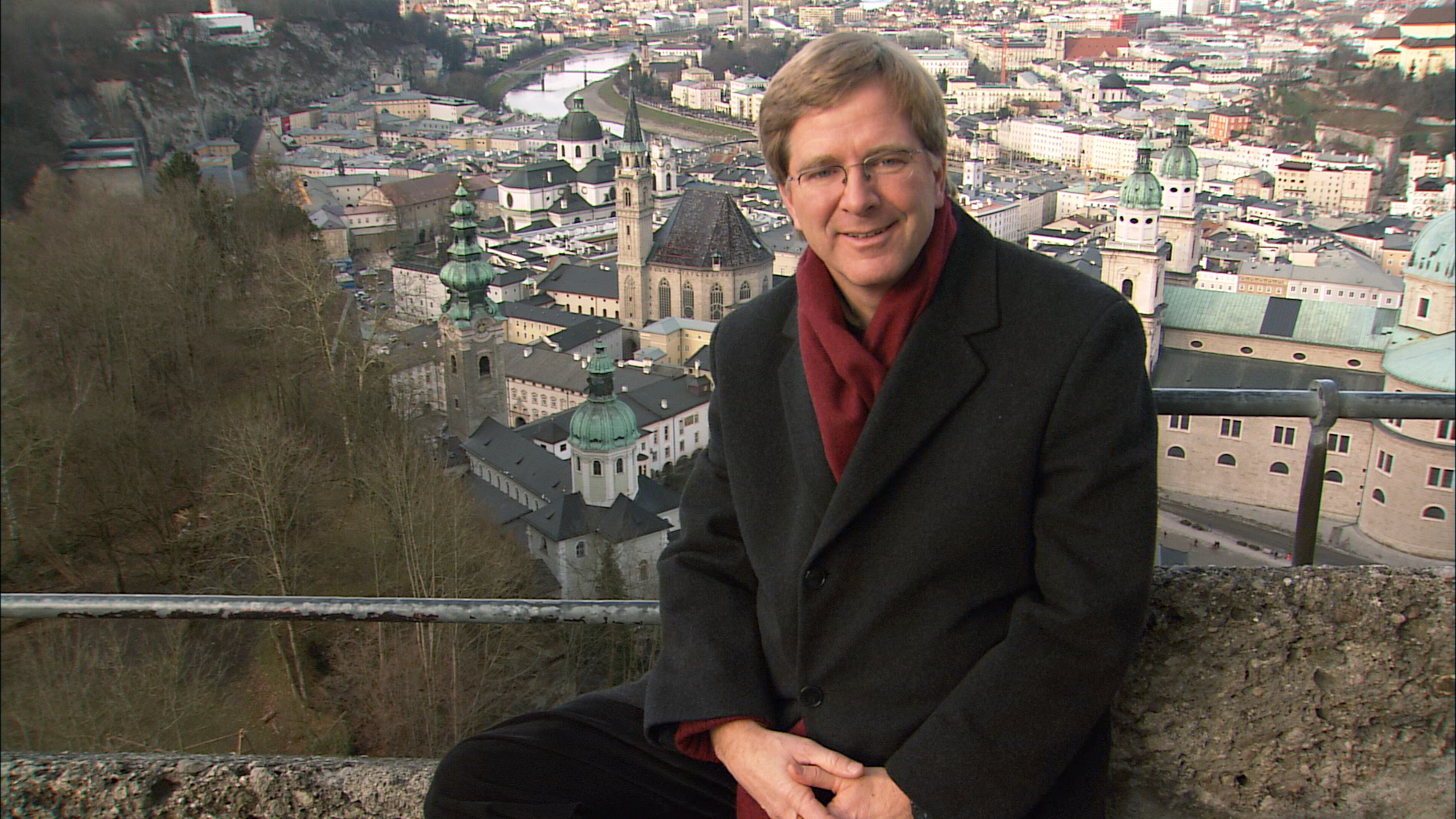Ah, summer in Europe! My favorite season by far — so much better than the forbidding winters, when even the finest Panzer captains and alpini find the hiking rather rough going. For a curious American traveler like myself, there’s no better time than sunny summer to discover the little delights that make this continent the finest. Come along, won’t you?
Our first stop or this whirlwind tour of 1937 is ITALY. Recent political reforms have led to a change in atmosphere here in the home of the Renaissance, and the boisterous Benito Mussolini has ushered in an era of law and order not seen since the glory days of Justinian. A self-described “people person”, Mussolini is truly a popular leader who often takes part in the hot new sport sweeping the country, il gioco battente, or, “the punching game”. As any student of history knows, where law and order grows, civilization follows, and that applies in spades in the sun-drenched climes of Venice and Rome. The Duce has embarked on ambitious cultural exchange program, sealing a deal with Germany’s Krupp Armaments Corporation to provide them with raw materials for a joint project with the people of France. Rome has added to its rich storehouse of art treasures the newly-opened Museum of Ethiopian Atrocities, detailing the rich and vivid history of Italy’s centuries-old conflict with that African nation; and in the cafés and plazas of Venice, former Futurists can be found shouting aggressively at passers-by and informing them that resistance is the way of cowards, weaklings and Neo-Impressionists. And remember, diners: there’s more to Italian cuisine than pasta! A surprising Japanese influence has begun to show up in the coastal regions, and Minister of Tourism Adofo Cellini tells me that in the northeastern part of the country, there is a great deal of fine French cooking to be had, “or at least there will be soon”.
As for FRANCE itself, if one thing can be said about this proud nation, it’s that it never rests on its laurels. While possessed of a history replete with splendor and glory, this is a forward-looking nation with an eye towards even greater triumphs to come. An ambitious construction project in the beautiful City of Lights will commemorate the military victories that are sure to come; lead architect Georges Montesquieau describes it as “an irony-proof memorial if ever there was one”. Georges’ ambitions may be thwarted, though: the construction of the impenetrable monument to modern military technology known as the Maginot Line all but assures a millennium of peace in Europe. Says respected General DeGaulle, “To get through this impregnable mega-fortress, an enemy would have to be capable of traveling through time, or tunnelling leagues below the surface of the planet, or going around it via Belgium, or something equally fantastic.” So things look as sunny as the summer sun for this greatest of all nations, and our young tour guide during our stay in Paris, one Jean-Paul Sartre, can surely go back to writing the sunny, optimistic short verse that we feel sure will one day make him un belle lettriste.
For a glimpse at the dynamic growth that further proves that Europe is a continent on the rise, let’s head to our final stop — GERMANY. It’s the land that most embodies the combination of new development and old tradition that has lured tourists overseas for over a century. But don’t take our word for it: let cultural ambassador J.P. Goebbels tell the story. “Those who have visited the Fatherland before will be pleased that many things have not changed,” he says. “Efficiency, expansive neighborliness, the boisterous singing of songs in beer halls, a well-trained and helpful police force with numerous interesting deulling scars, and pork are still to be found everywhere in Germany. But new visitors will be equally pleased at what we have done to become a 20th century nation: an aggressive railroad system, capable of hauling large numbers of people or heavy industrial items to undisclosed locations; an exciting new series of vacation resorts tailored to our Jewish and Gypsy friends; and the Fuhrer’s pet project, a series of inter-city highways known as the Autobahn which can also be used to transport people long distances. Also, theoretically, to transport them back, I guess.”
You said it, Joe — Europe’s on the grow!
